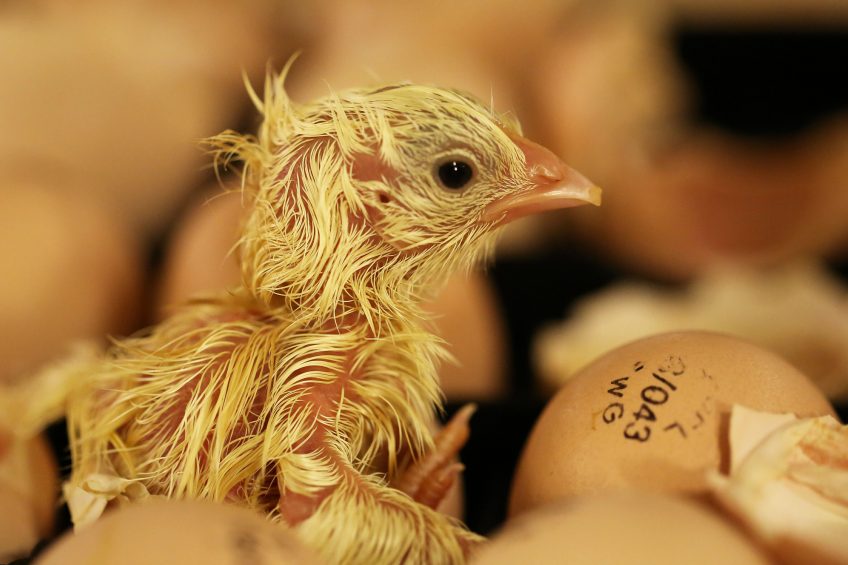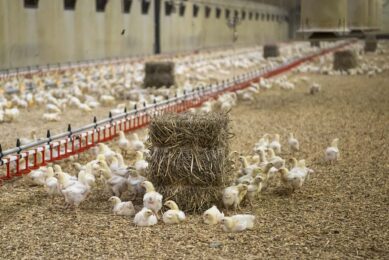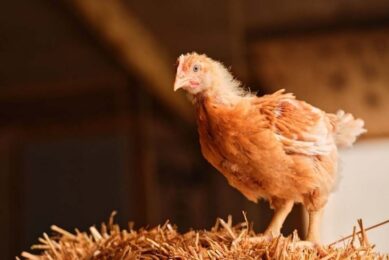Prize funding for ovo-sexing breakthrough

Up to $6m is being made available for developing technologies that can accurately and quickly determine the sex of layer chick eggs before they hatch.
The prize funding is being offered by the US-based Foundation for Food and Agriculture Research (FFAR), which previewed its Egg-Tech Prize at the United Egg Producers annual meeting and executive conference earlier this week.
At present, several billion layer chicks are hatched each year to supply the world’s eggs, with demand expected to rise in coming years. Male chicks are culled on the day of hatch, as poor growth performance and meat quality makes them unsuitable for consumption.
Unnecessary incubation causes the loss of millions of male chicks each year and is a major challenge to animal welfare, food waste, farm profitability and energy consumption.
Challenge to be resolved
Sally Rockey, FFAR’s executive director, said the issue was one that had to be resolved: “Male chick culling is a challenge that must be solved. Promising scientific advancements indicate that it’s possible to develop a scalable technology to determine an egg’s sex before it hatches.
“Solving this challenge would not only improve animal welfare but also save egg producers billions while adding eggs to the food supply.”
If an appropriate technology is developed, it is believed the industry stands to save between $1.5-$2.5bn each year.
Chad Gregory, United Egg Producers president and chief executive officer, welcomed the initiative, saying it would encourage researchers to move swiftly to identify meaningful, scalable solutions to the issue.
“Assuring the health and well-being of animals simply is the right thing to do. As such, we have an obligation to support practices and technologies that improve animal welfare across egg production, and this extends to finding an economically feasible, commercially viable alternative to the practice of male chick culling at hatcheries.”
Current approaches to solving the challenge range from gene-editing to measuring an egg’s hormone levels to determine its sex. FFAR says it is confident that the industry can build on recent advancements in sensor technologies, engineering and biological sciences to develop a technology that both successfully determines an egg’s sex before it hatches and can be integrated into existing production systems.
Join 31,000+ subscribers
Subscribe to our newsletter to stay updated about all the need-to-know content in the poultry sector, three times a week. Beheer
Beheer








 WP Admin
WP Admin  Bewerk bericht
Bewerk bericht